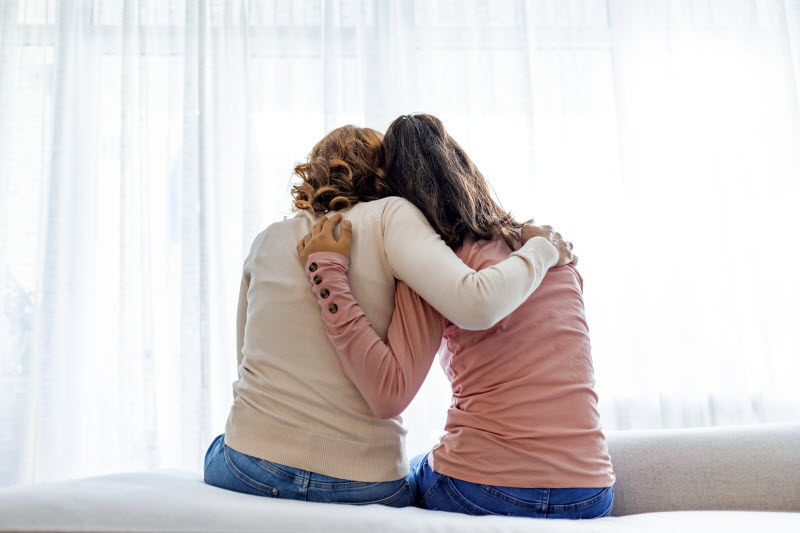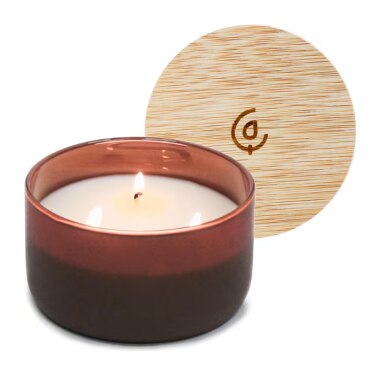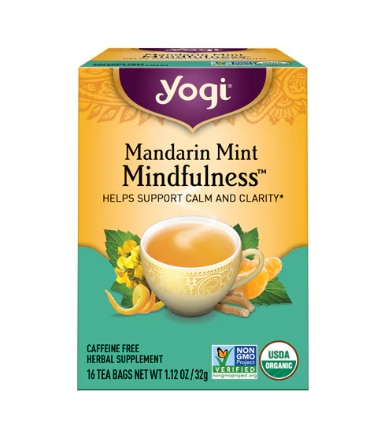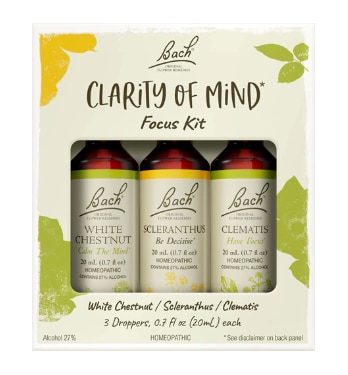In our current divisive culture, it’s tempting to demonize one another, to see less of what we hold in common and more of what keeps us apart. But a little kindness can go a long way to softening the polarization.
Kindness is choosing to do something that helps others or ourselves, motivated by genuine warm feelings. And it has an impressive range of impacts on both mental and physical health.
The health benefits of kindness
Resilient people have a greater capacity for kindness and thus can create stronger, more meaningful relationships. When we are kind, we feel good about ourselves, and when we are not kind, it weighs on us. The brief moments in which a kindness is exchanged, the poet Danusha Laméris calls “the true dwelling of the holy…fleeting temples we make together.”
Here are some of the key health benefits of kindness:
Eases stress
Acts of kindness trigger the release of oxytocin, often referred to as the “love hormone.” This can help lower blood pressure and create a feeling of warmth and connectedness.
Try: Tell someone in your family that you love them, reach out to a friend, do something nice for a neighbor.
Boosts mental health
Acts of kindness increase the production of serotonin, the “feel-good” neurotransmitter, enhancing mood and promoting feelings of happiness. The impact of kindness on others is immediate and infectious. You feel it immediately—it’s the good kind of instant karma. It makes you feel generous, enlarging your sense of self and your self-worth. Many studies have found being kind not only makes the person you are being kind to happy, but it also boosts your own happiness.
Try: In this digital age, there’s something infinitely touching about receiving a handwritten card or post card. Send one to a friend you know has been going through a tough time.
Good for your heart
Engaging in kind acts can lower blood pressure, helping maintain heart health. Plus, the oxytocin released from kindness helps dilate blood vessels, supporting heart function and reducing the risk of heart disease.
Try: If you have a friend or family member in trying circumstances, such as a new baby, a shocking death of a loved one, or an incapacitating accident, offer to start a meal tree for them. As anyone who has been on the receiving end of a meal tree knows, it is as close to food as love as you can get.
Reduces recovery times
In a general sense, positive social interactions, like being generous, may lead to a stronger immune system by reducing the impact of stress’s toll on immunity. But additionally, lower stress levels because of a kind interaction may aid in quicker recovery from illness or injury.
Try: A fun way to practice kindness is to offer extravagant but perceptive compliments. Check out this compliment wizard, Troy Hawke, for ideas. He tosses off compliments such as “very confident stride, clearly a man with an eye for detail” and “I loved the way you laughed at that pigeon.” He says compliments are simple but not easy. Sincerely appreciating something has made an effort on will make their day. The more unique, he says, the more devastatingly effective.
Lowers anxiety
Acts of kindness shift focus away from personal problems, reducing feelings of anxiety. It’s hard to be anxious and kind at the same time. Being kind spreads the joy. “Assists make two people happy, points just make one (person) happy,” says NBA basketball phenom Nikola Jokic.
Try: Offer your assistance on an onerous chore to someone in your neighborhood.
Creates community
Kindness fosters deeper connections with others, leading to more fulfilling relationships, which can contribute to a longer and happier life. When you are kind, you encourage reciprocity, a sense of belonging to one another.
Try: Even on social media, which operates at a remove, being kind is connective. Acknowledge and validate someone’s post, a simple spot on comment is often enough to make them feel heard.
Natural pain relief
Intentionally engaging in kind behaviors can trigger the brain’s release of endorphins, which are the body’s natural painkillers. This is sometimes referred to as the “helper’s high.”
Try: Even something as simple as paying for the person’s coffee behind you, or leaving quarters at a laundromat, can be a wonderfully life-affirming way to live. Try it out for yourself and notice how it impacts your mood and takes your mind off your own troubles.
In short, kindness not only uplifts others but has profound positive effects on your own wellbeing.




